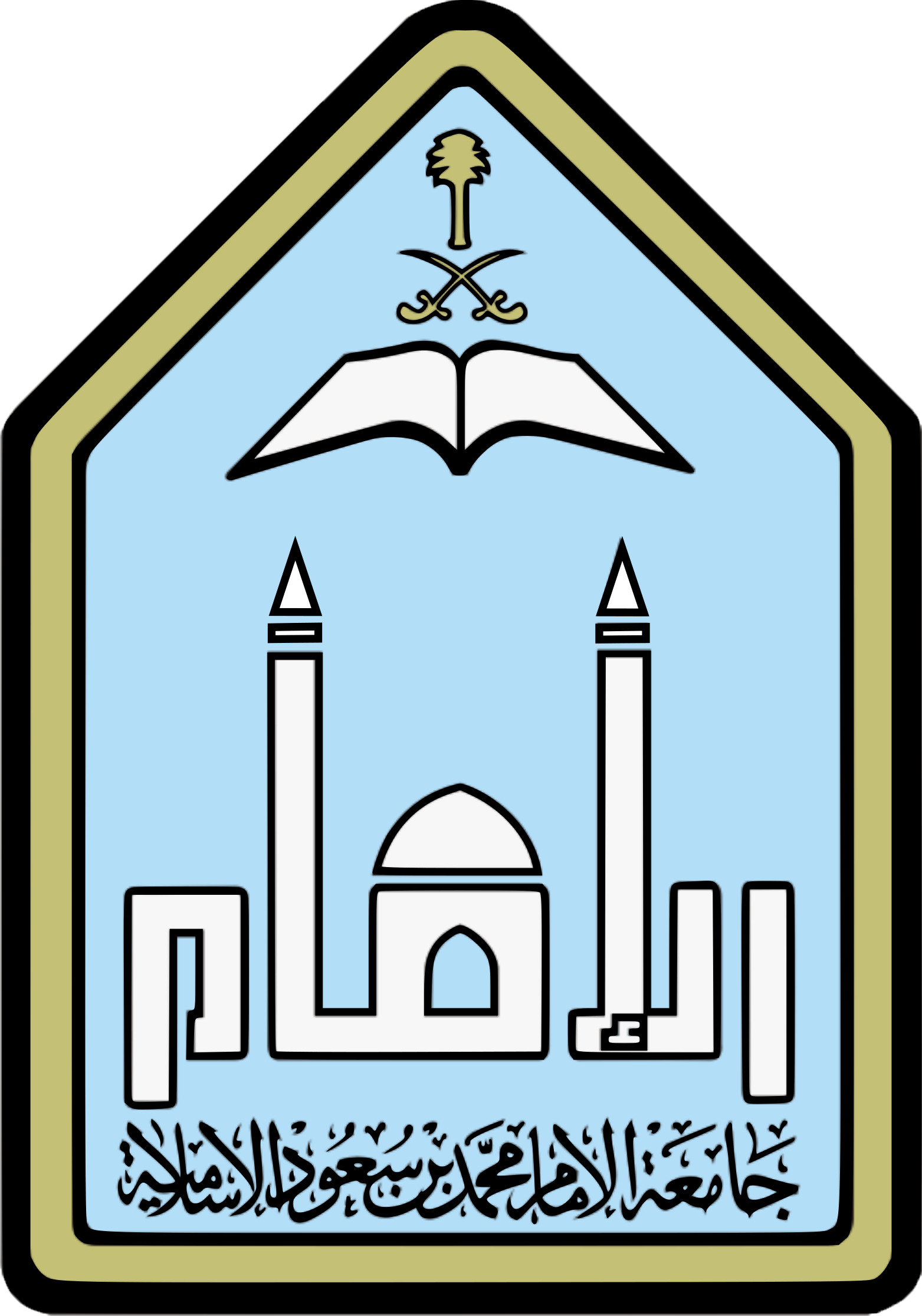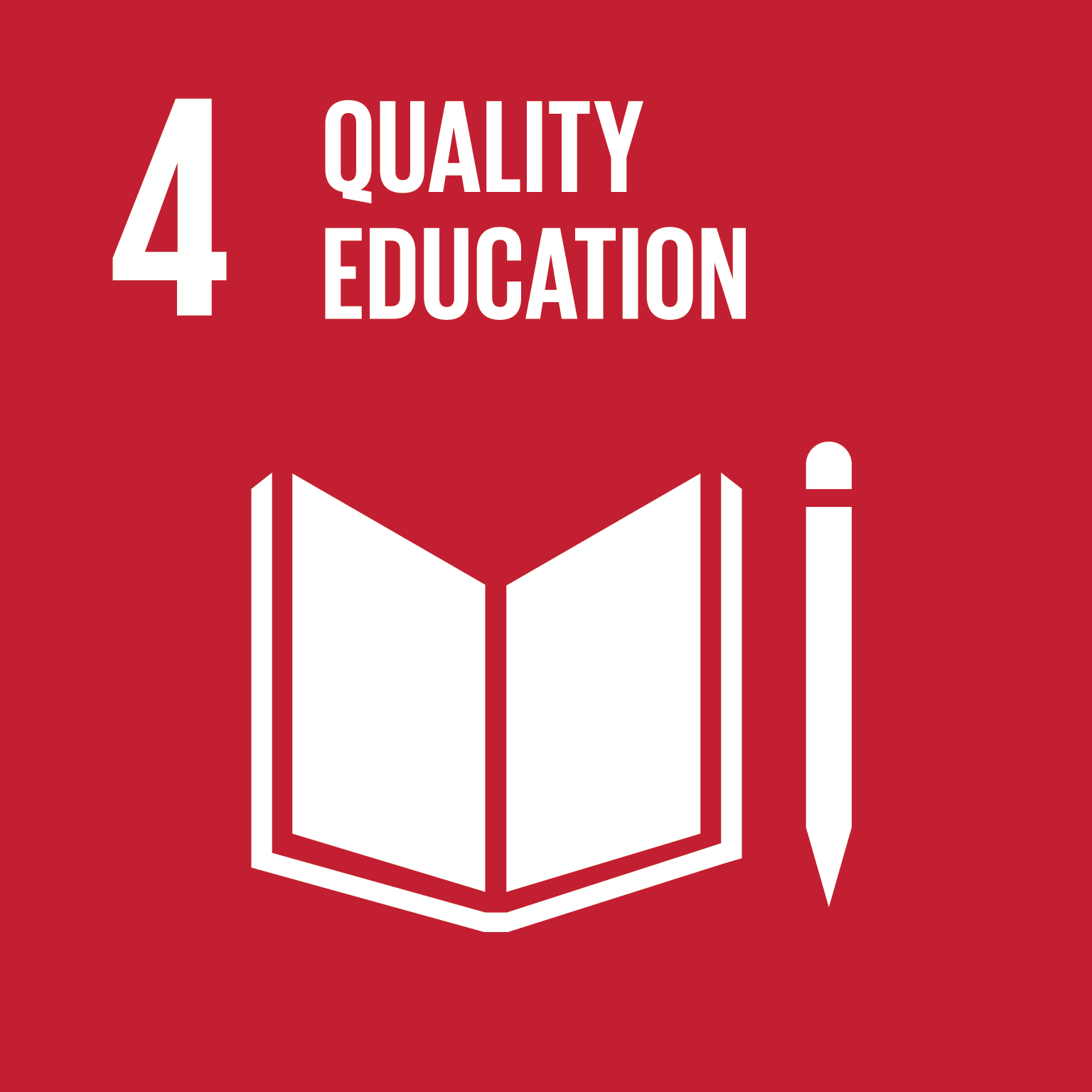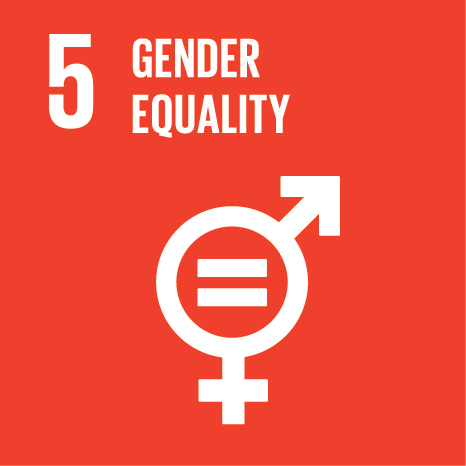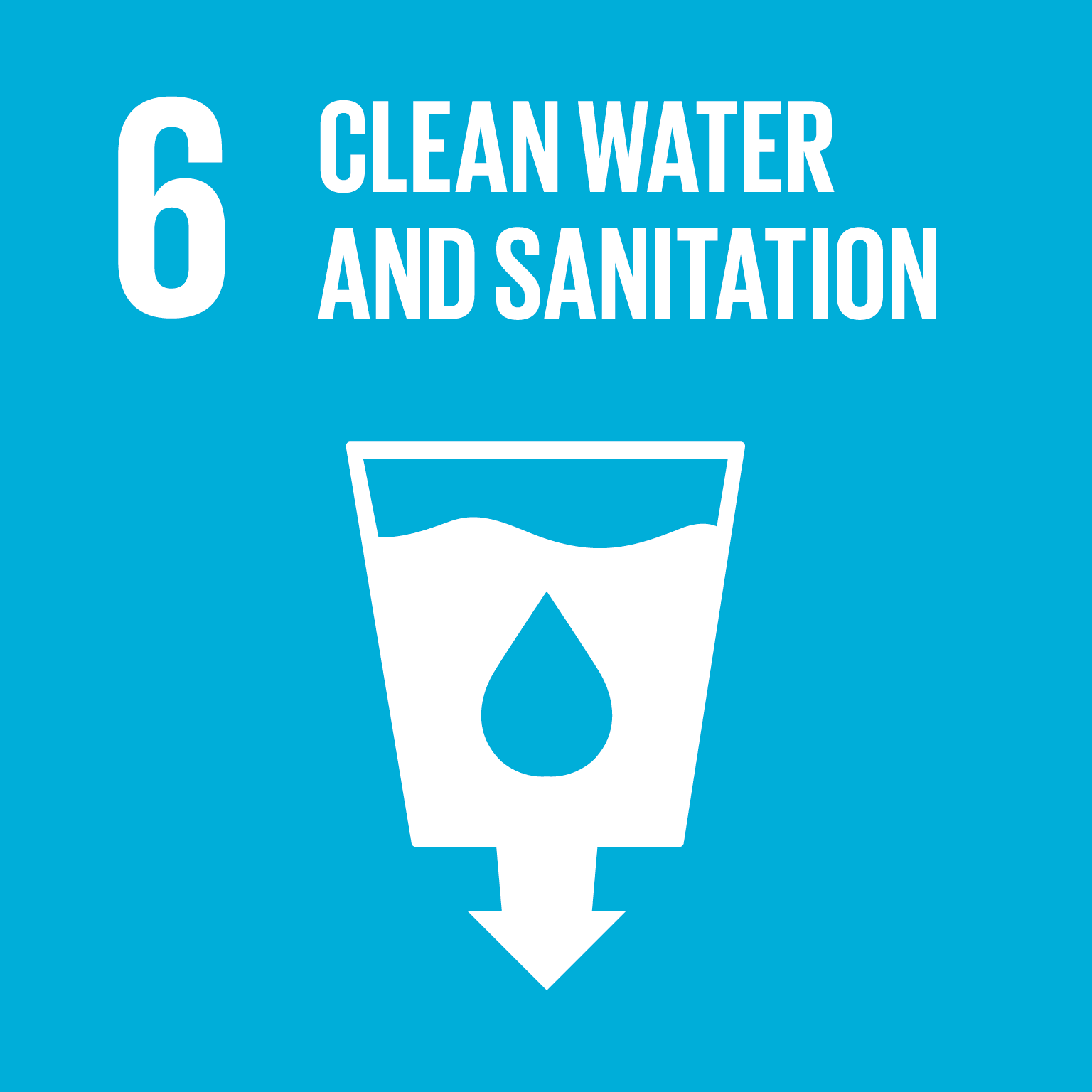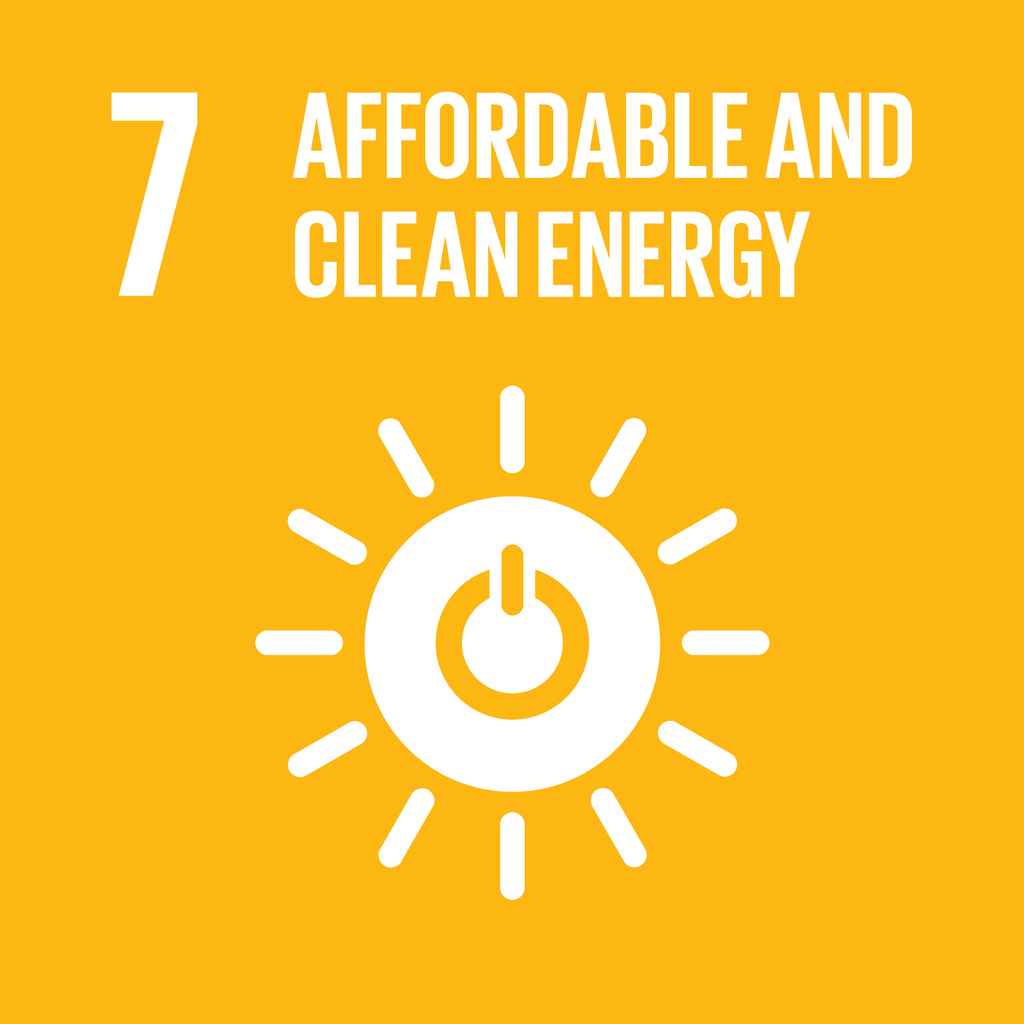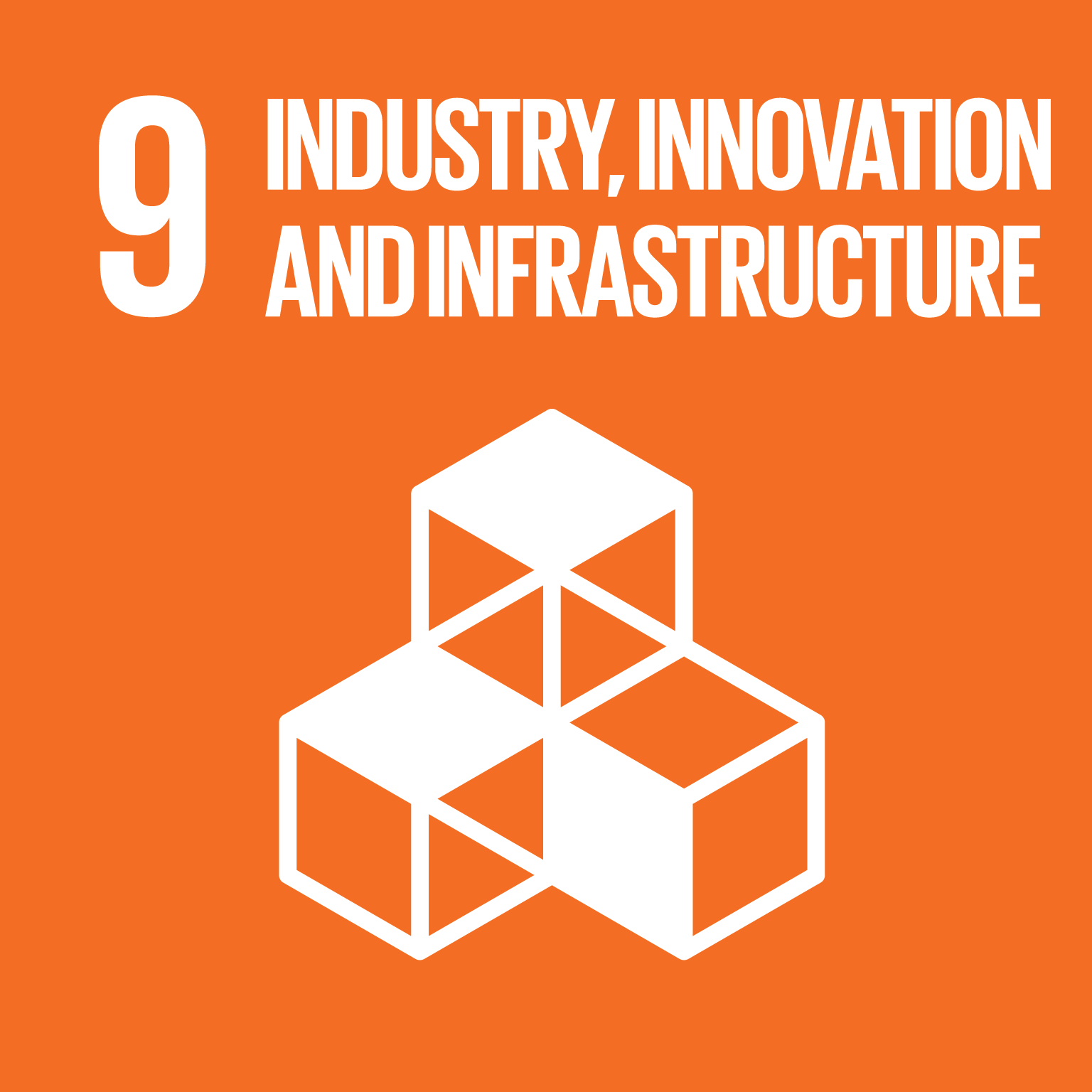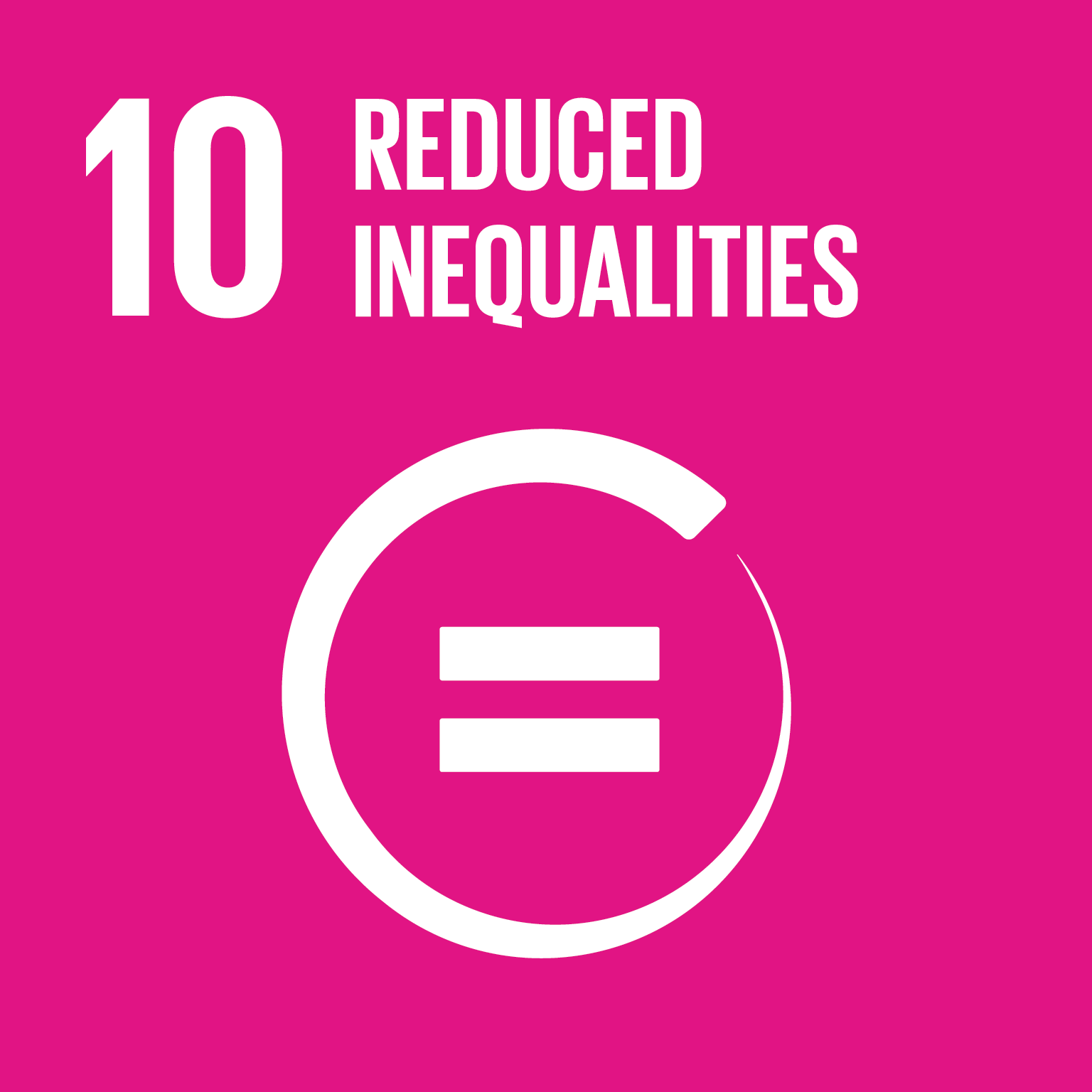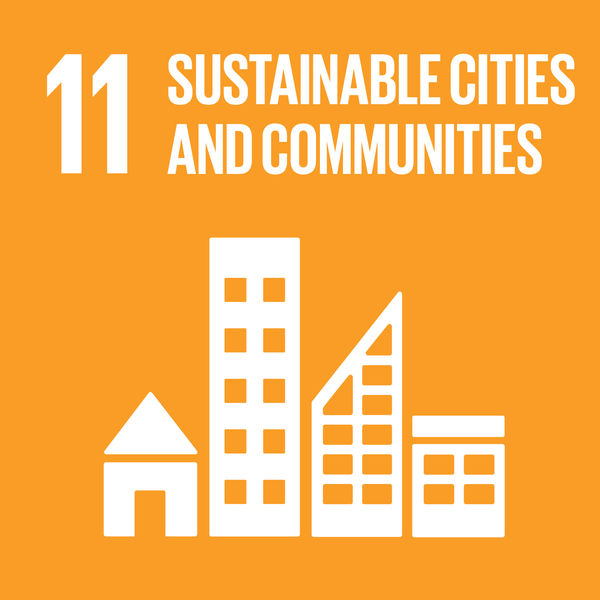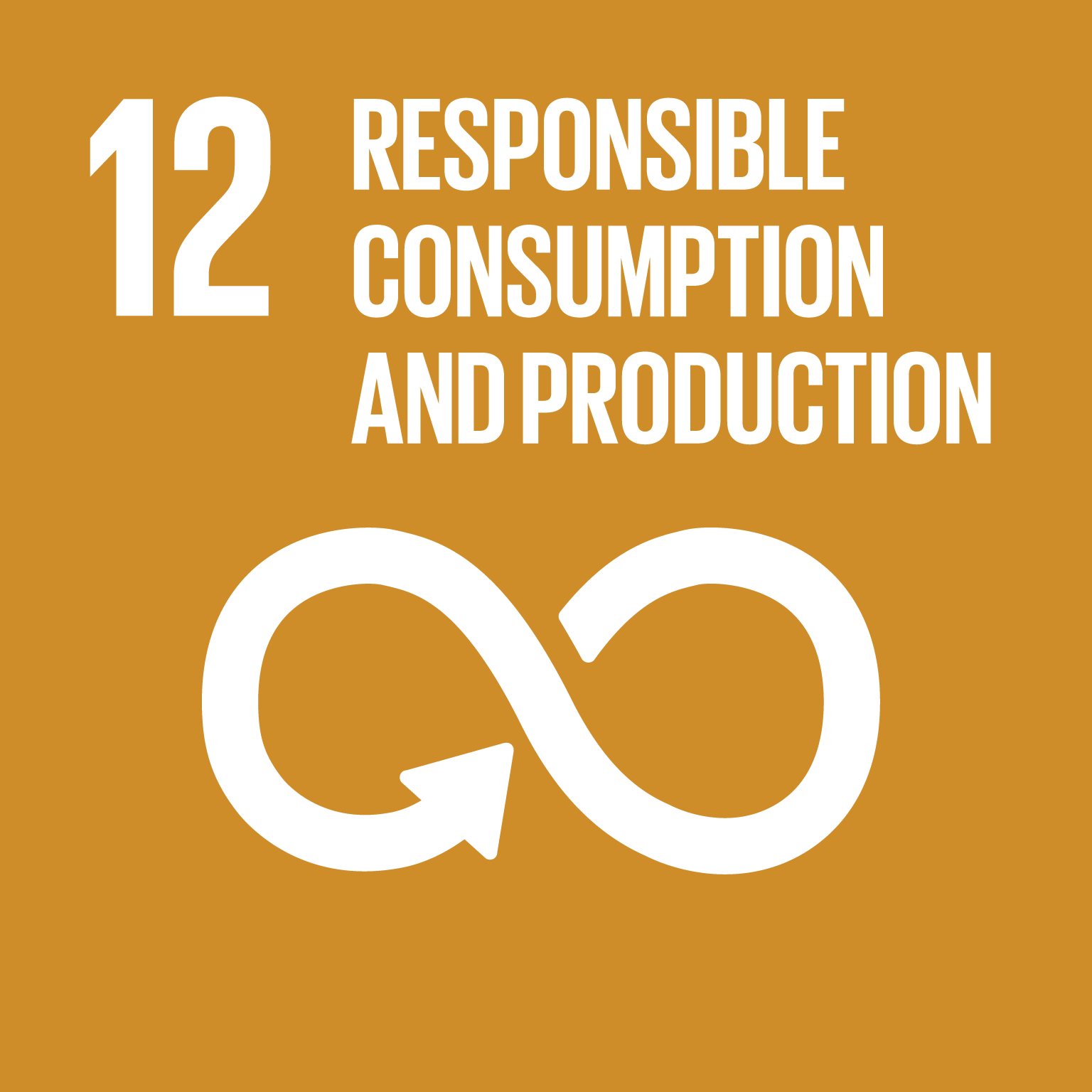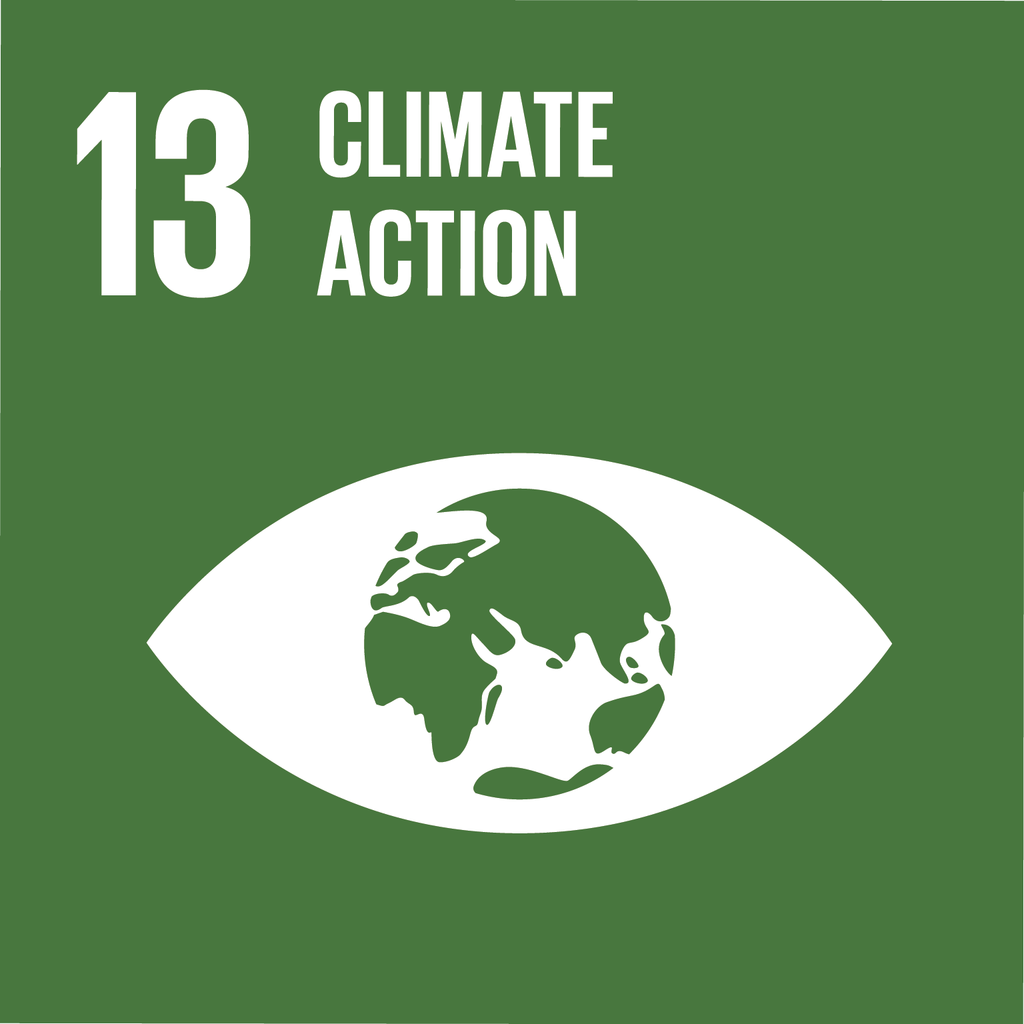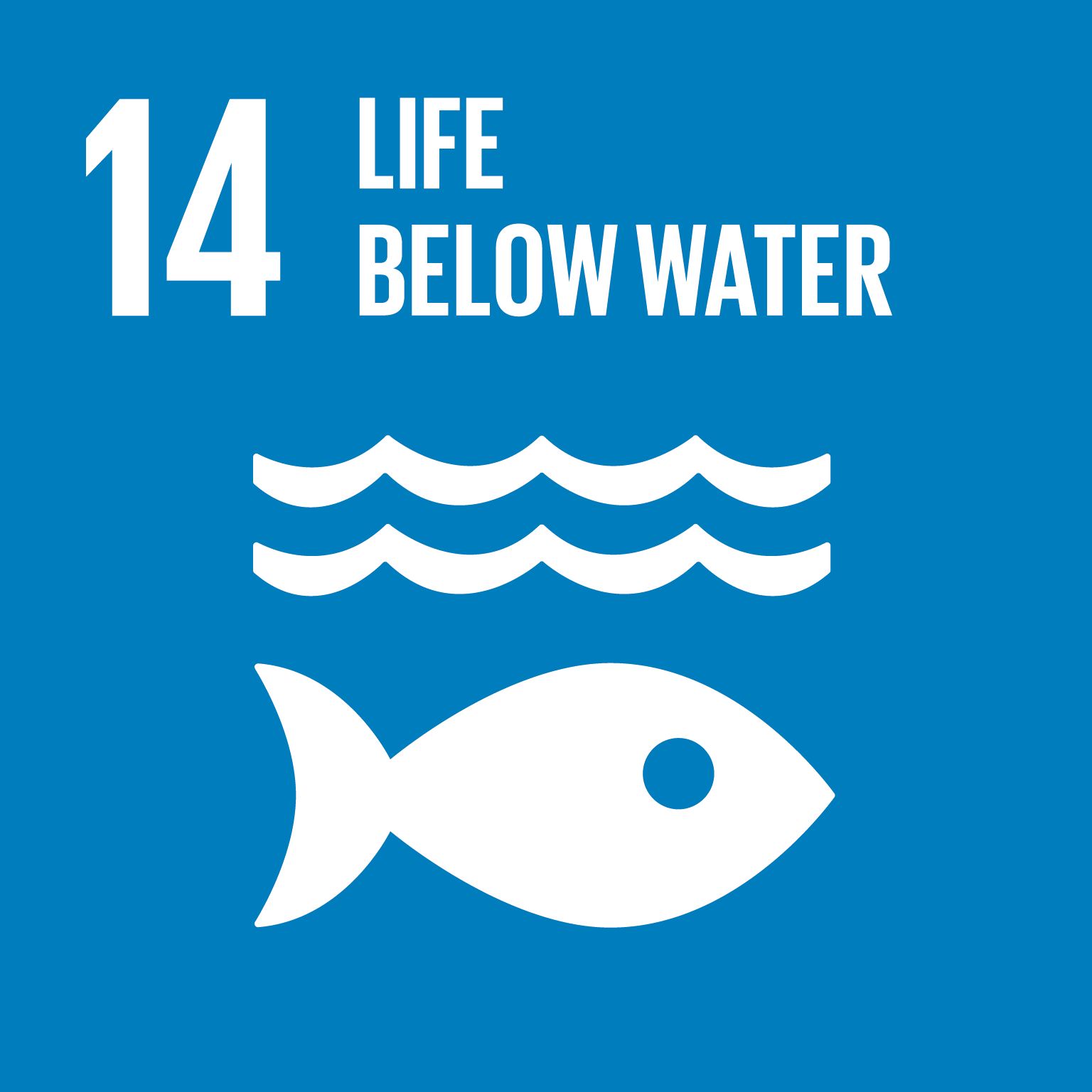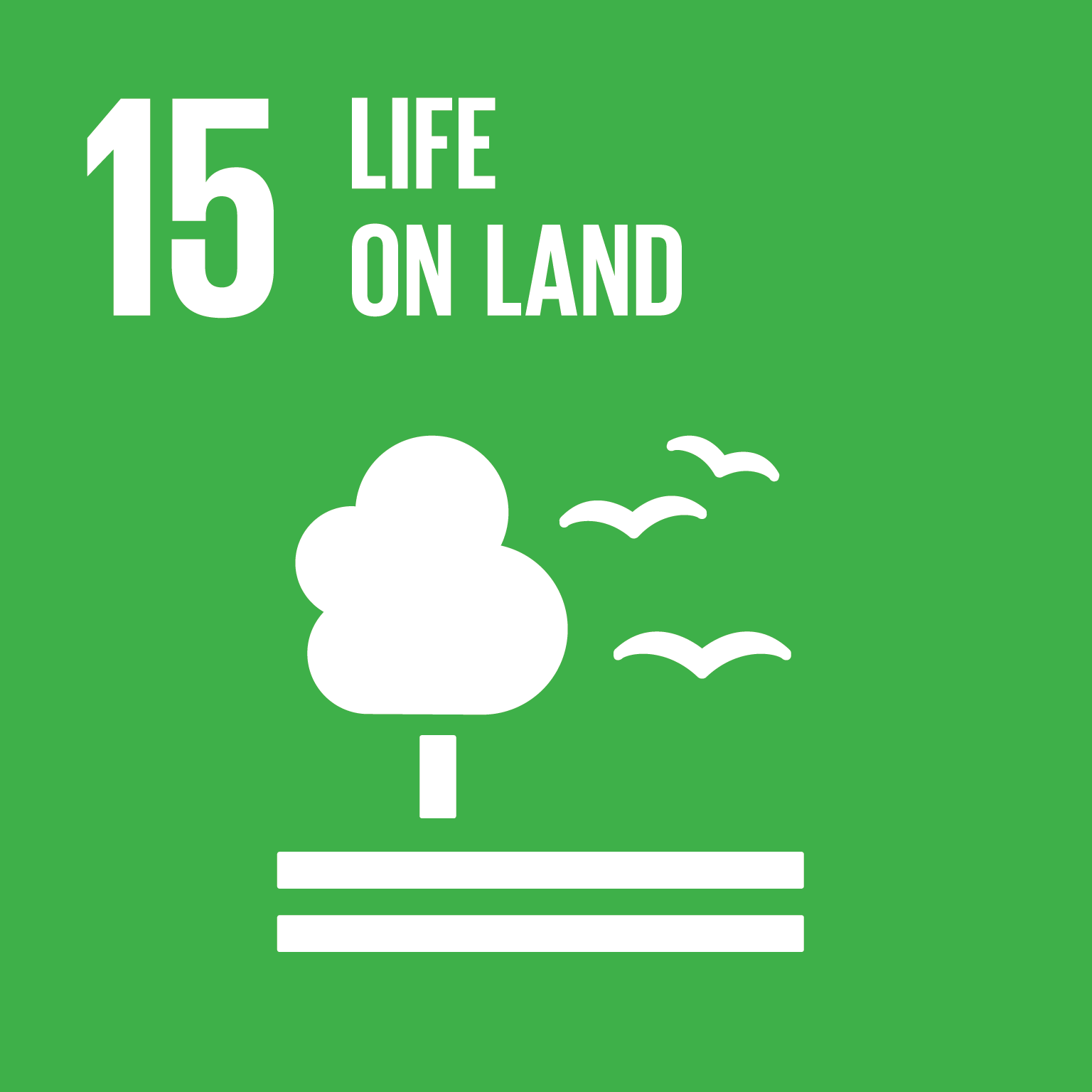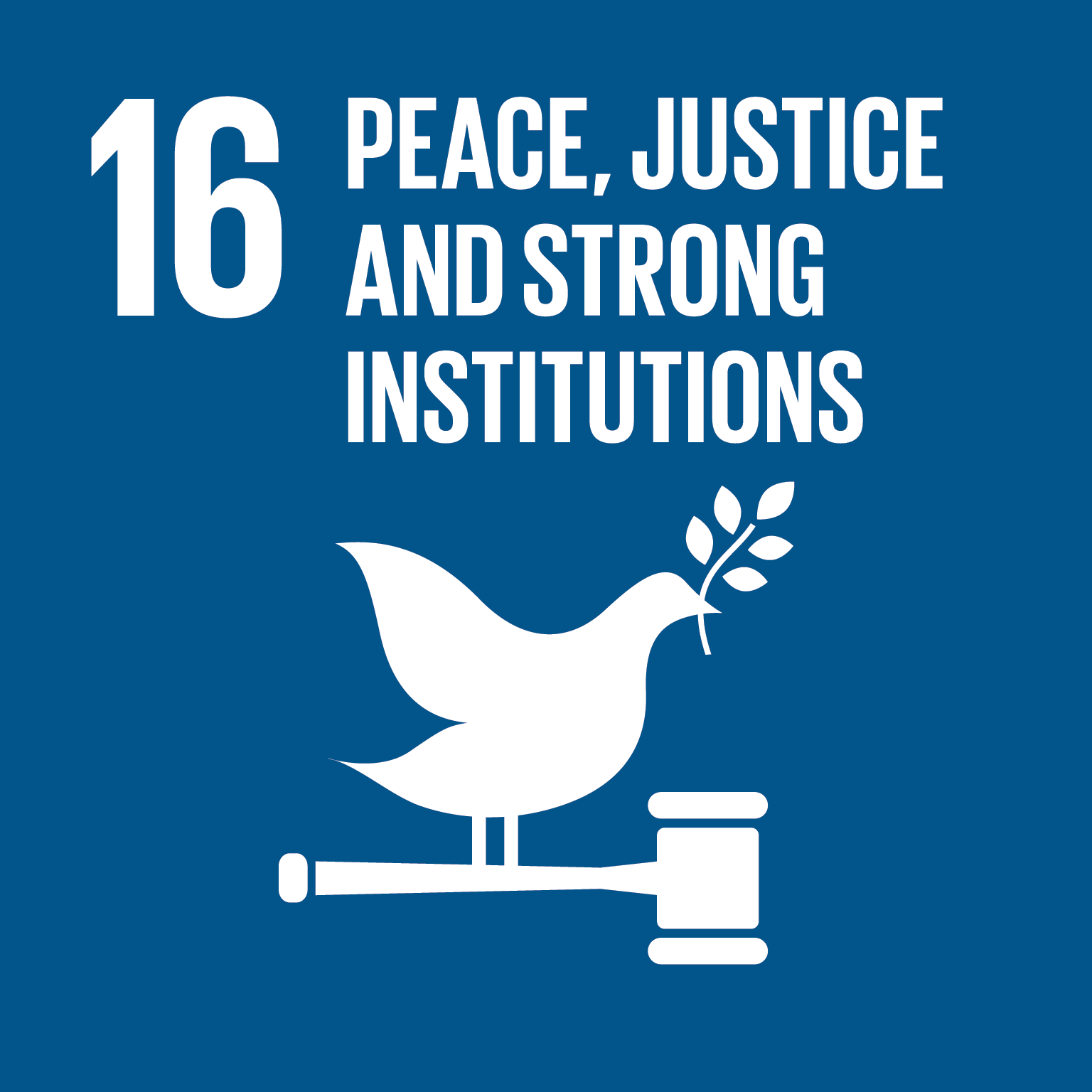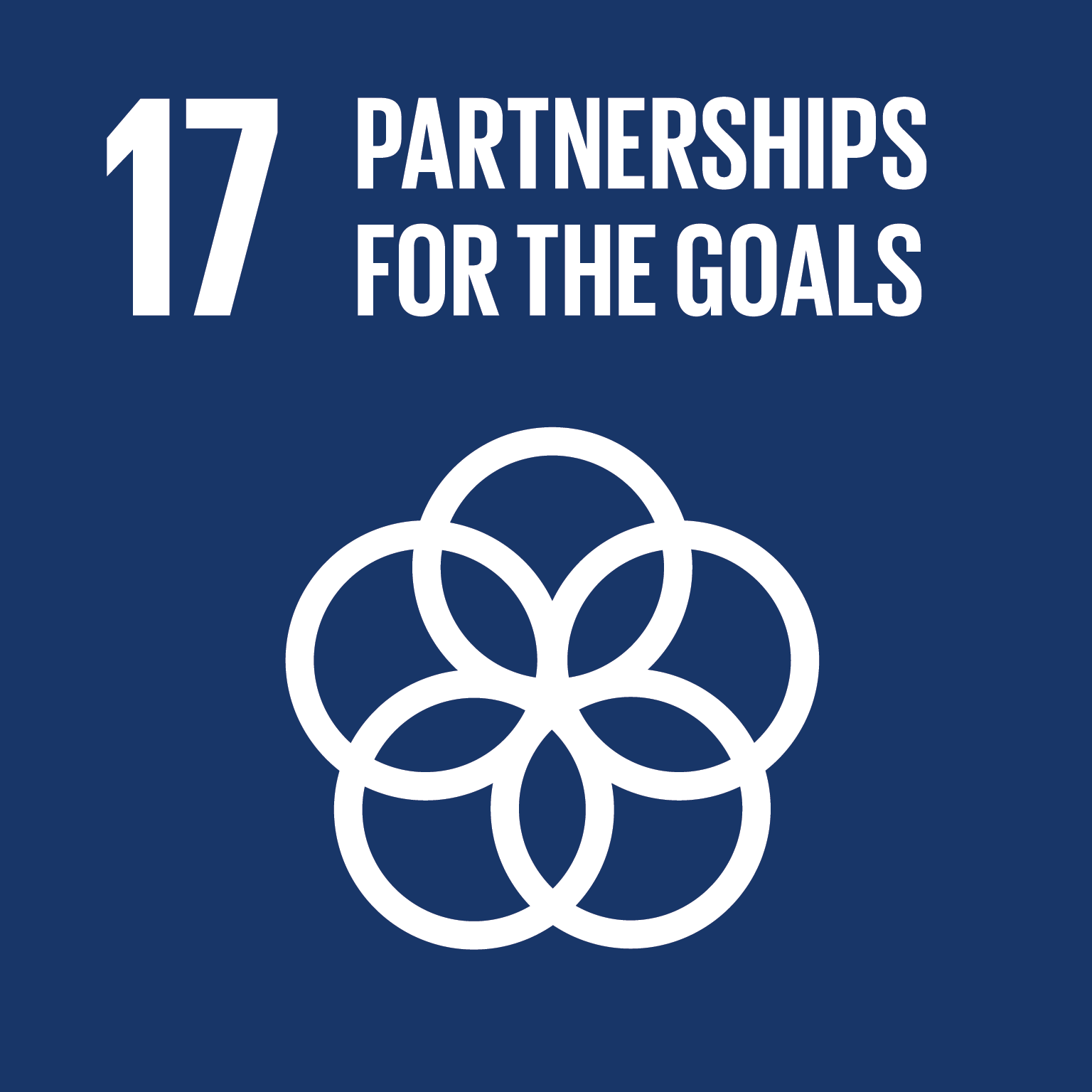Saudi Arabia joined the United Nations as a Charter Member on 26 June 1945. His Majesty King Faisal signed the Charter as a Founding Member at a ceremony held in San Francisco. The Kingdom has been a major contributor to the UN's Development Assistance since the 1950s.
There are currently 23 UN Agencies, Funds and Programs working with Saudi Arabia, including regional offices. The UN agencies plan and work together, as part of the UN Development System lead by the Resident Coordinator, to ensure the delivery of tangible results in support of Vision 2030 and the National Transformation Program, and the 17 Sustainable Development Goals (SDGs) adopted in 2015.
The partnership between the UN and the Kingdom of Saudi Arabia is outlined through a five-year agreement, the UN Sustainable Development Cooperation Framework (UNSDCF), which is rooted in the Reform of the United Nations (UN) development system. The UN Country Team has identified four strategic priority areas that draw from the UN's 2030 Agenda, it's 17 Sustainable Development Goals and the 5Ps: People, Planet, Prosperity, Peace and Partnership.
All components of the country play their role in achieving the Kingdom's Vision 2030 and its executive programs, and at the educational and research level universities come as a key element in achieving ambition, from here Imam Muhammad Ibn Saud Islamic University has been keen to play an active role in the pursuit of the Kingdom's Vision 2030 and activate its executive programs This keenness has been reflected in the decision of His Excellency the President of the University Prof. Dr. Ahmed bin Salem Al-Ameri to establish the Office of Vision Realization to take over the task of activating the role of the University in achieving the vision of the Kingdom of Saudi Arabia and plays The office has the role of the liaison officer between the university and the vision realization office at the Ministry of Education to carry out the tasks that achieve the strategic objectives of the vision, activate its programs and initiatives and deepen the relationship between the university and the relevant authorities.
The Office of Vision Realization at Imam Muhammad ibn Saud Islamic University seeks to be a strategic partner in achieving the programs and initiatives of the Kingdom's Vision 2030 and receiving and building initiatives in cooperation with the units of the university and working to evaluate and study them in line with the strategic objectives of the vision and its executive programs and supervise their implementation. It also takes it upon itself to review the university's proposals and ensure their harmony with the vision and its programs, and also cooperates with the units of the university in supervising their achievement of the objectives of the vision and following up their implementation with the relevant authorities.
Moreover, Imam Muhammad Ibn Saud Islamic University is one of the largest comprehensive governmental scientific institutions, characterized by the fact that it began to specialize in Islamic sciences and humanities, and then expanded to include the fields of science, engineering and medicine; to keep pace with the development of the requirements and needs of the Saudi labor market, and to contribute to supporting sustainable development in the Kingdom of Saudi Arabia, it offers - in its colleges and institutes - study programs in various fields and sciences at all educational levels; diplomas, bachelor's programs and graduate programs through which it has achieved academic and research excellence.
The University provides an ideal scientific environment by containing a distinguished elite of faculty members, nurturing knowledge and creativity in the light of Islamic teachings and values, and providing a range of university facilities and integrated student services, to prepare competent graduates capable of facing contemporary challenges on their way to achieving social and economic development.
It has paid attention to the service of scientific research and the expansion of its fields - nationally and internationally - as it publishes a group of scientific journals, and also supervises research centers and a number of scientific societies, and has maintained through its cultural and scientific heritage in learning, teaching and scientific research to promote knowledge exchange and international communication and contribute to the construction, production and dissemination of knowledge.
As a result of its efforts in meeting the standards of institutional quality assurance, Imam Muhammad Ibn Saud Islamic University has obtained full institutional accreditation (until 2026) from the Education and Training Evaluation Commission represented by the National Center for Academic Evaluation and Accreditation.
Sustainable Development Goals
